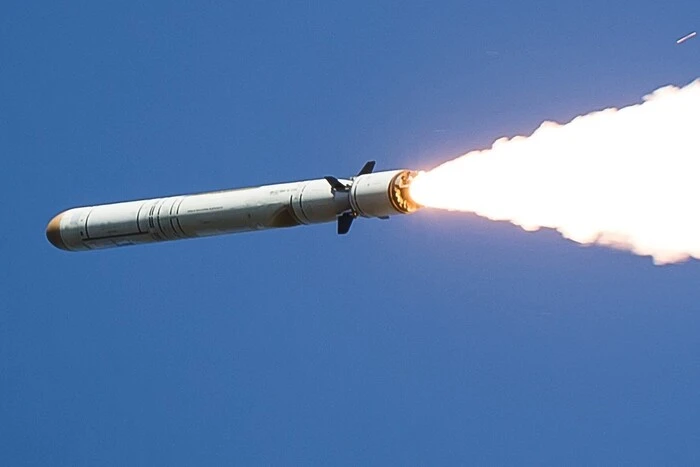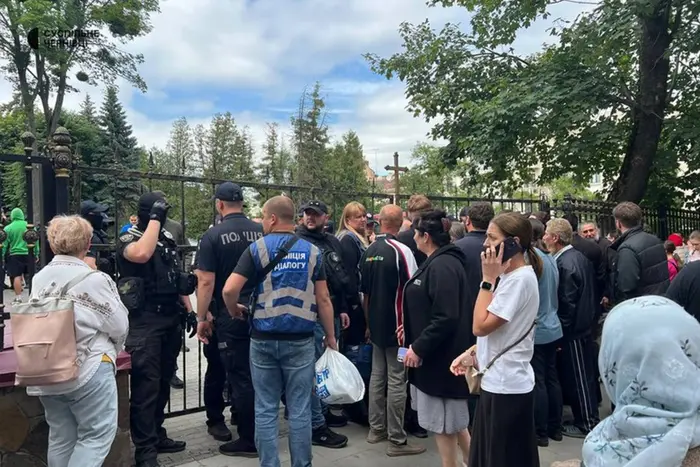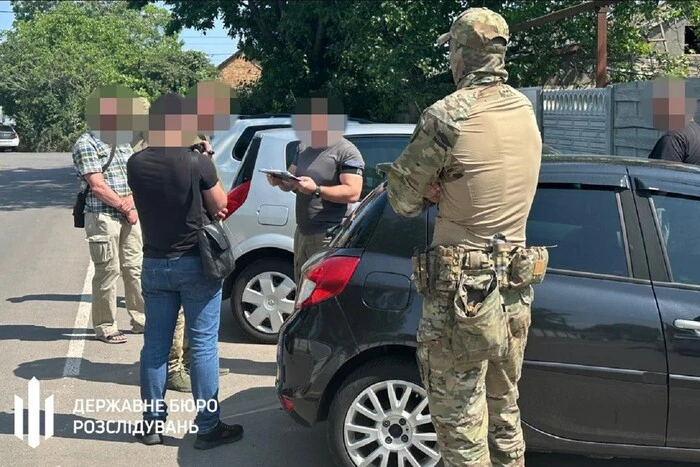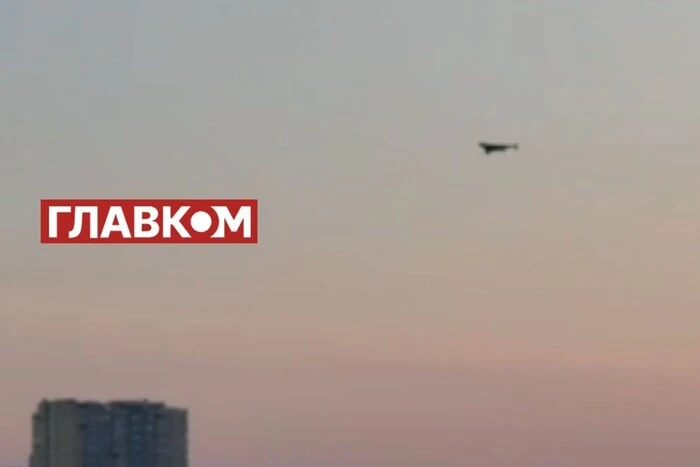The government has expanded the '18-24 contract' for the National Guard and the State Border Service.

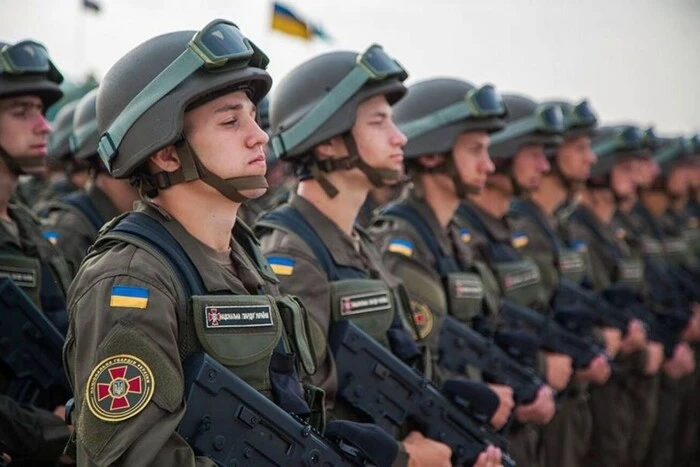
The Cabinet of Ministers has expanded the project of short-term contracts with the Armed Forces for young citizens. Now, representatives of the National Guard and the State Border Service can also receive payments. This was announced by government representative Taras Melnychuk.
According to Melnychuk, a one-Time monetary reward will be paid for the duration of service in combat conditions, participation in hostilities in temporarily occupied territories of Ukraine, and between the positions of defense forces and the armed forces of the Russian Federation.
The procedure for medical examination, including that of a psychiatrist, has also been simplified.
The list of positions is approved by the National Guard and the State Border Service in agreement with the General Staff of the Armed Forces.
Earlier, 10 additional combat brigades joined the '18-24' contract signing program.
The Ministry of Defense of Ukraine earlier explained the step-by-step algorithm for conscription under the '18-24' contract.
Requirements for contract soldiers include being of legal age, fitness for military service according to medical criteria and professional-psychological selection criteria, as well as the absence of criminal records.
The first girl joined the Armed Forces of Ukraine under the signed '18-24' contract. She became a serviceman of the 72nd separate mechanized brigade named after the Black Zaporizhzhia.
Read also
- Under the rubble in Kyiv, the body of a man was found: parents hoped he was alive (video)
- Russia has started to install 16-element 'Kometa-M' in Iskanders
- Doors of the temple broken: what is happening at the Holy Spirit Cathedral in Chernivtsi (video)
- In Chernihiv, near the Holy Spirit Cathedral, a clash occurred between believers (video)
- Odessan organized the embezzlement of 6 million UAH for food supplies for the Armed Forces of Ukraine
- Massive strike on Kyiv. Air forces reported how many targets were shot down


